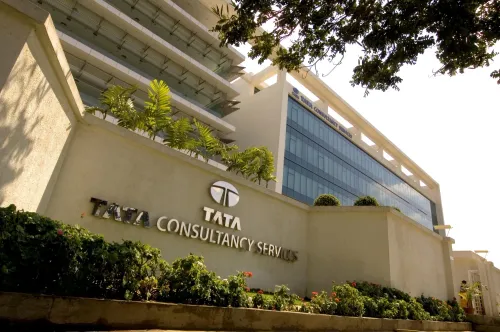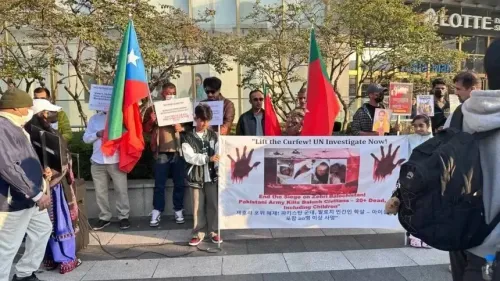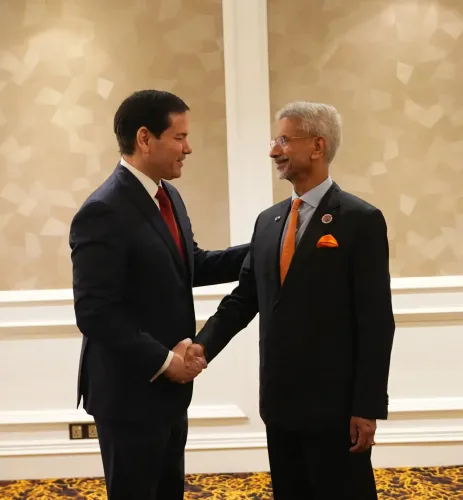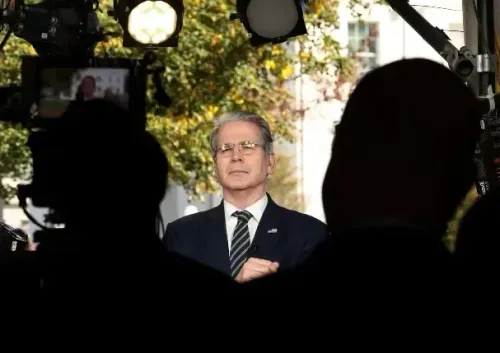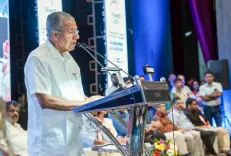Is There a Lack of Good Governance in Bangladesh Under Yunus?
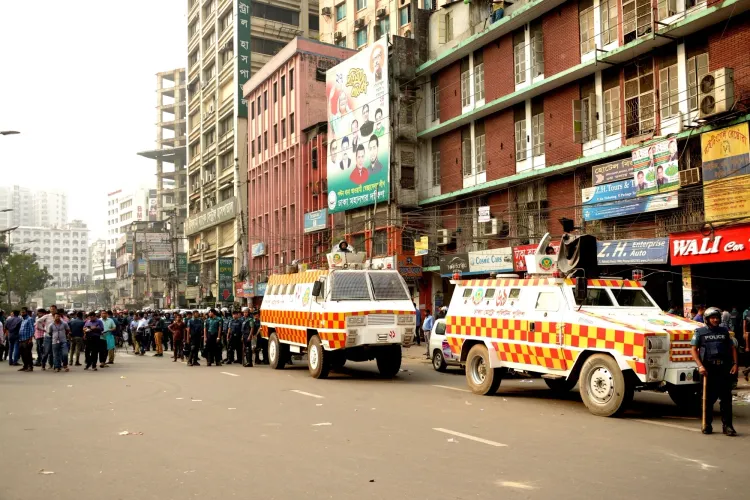
Synopsis
Key Takeaways
- The BNP highlights governance failures under Yunus.
- Extortion cases have risen dramatically.
- Call for immediate elections to restore democracy.
- Concerns over international policy shifts.
- Political unity is fracturing among opposition parties.
Dhaka, July 26 (NationPress) The Bangladesh Nationalist Party (BNP) asserted on Saturday that the interim government led by Muhammad Yunus has shown no signs of effective governance or meaningful reforms, resulting in a troubling rise in extortion cases nationwide.
During a book launch attended by the interim government's Financial Advisor Saleh Uddin Ahmed, BNP Secretary General Mirza Fakhrul Islam Alamgir expressed these concerns. He stated, "A businessman who used to pay 1 lakh taka in extortion is now facing demands of 5 lakh taka. There is a complete absence of good governance and oversight. The police force remains unchanged," as reported by leading Bangladeshi newspaper Samakal.
He emphasized the urgent need to restore the democratic process by electing public representatives to Parliament.
"While reforms cannot be implemented overnight, we cannot afford to remain idle while democratic practices are abandoned. Imposing decisions without consensus is not appropriate. Therefore, we must swiftly transition back to a democratic process, ensuring that reforms are achieved through democratic means by sending representatives to Parliament," Fakhrul commented.
He also warned that shifts in international policy could have serious repercussions, referencing recent tariffs imposed by US President Donald Trump on Bangladesh.
"Trump's tariffs could lead to significant challenges for us. It's crucial to remember that political parties can play a constructive role in the country's development for the public good," he added.
BNP senior leader Gayeshwar Chandra Roy cautioned that further delays in elections would complicate the situation and undermine the interim government's credibility, pointing to a lack of coordination and experience in governance.
"Since the interim government lacks an electoral mandate, it can evade accountability for the country's various crises. However, the longer the elections are postponed, the greater the pressure and scrutiny the government will face, leading to further complications," he stated.
Roy claimed that the government's actions are barely visible amid the escalating crisis.
"People feel the absence of effective governance," he stressed.
Critics argue that the Yunus-led interim government, which assumed power after the ousting of the democratically elected Awami League government in August 2024, suffers from a lack of transparency and has no clear plan for restoring democratic processes, according to local media reports.
Once unified in opposition to former Prime Minister Sheikh Hasina, various political factions, including the BNP, that rallied during the July protests to elevate Yunus to Chief Advisor, now exhibit signs of discord.

